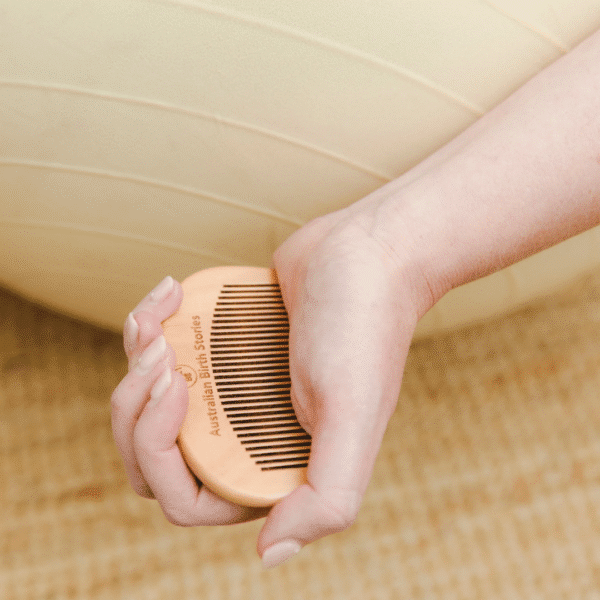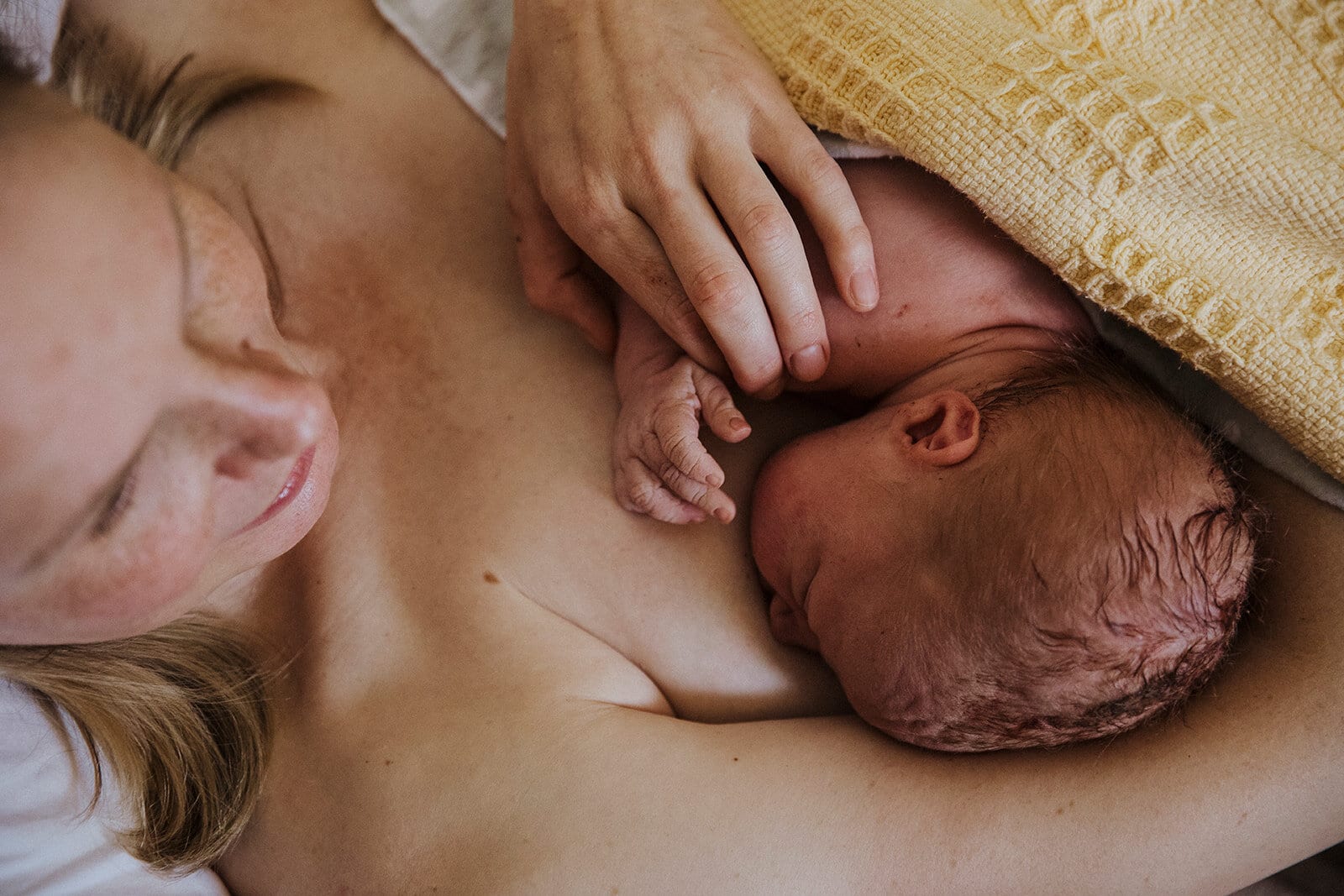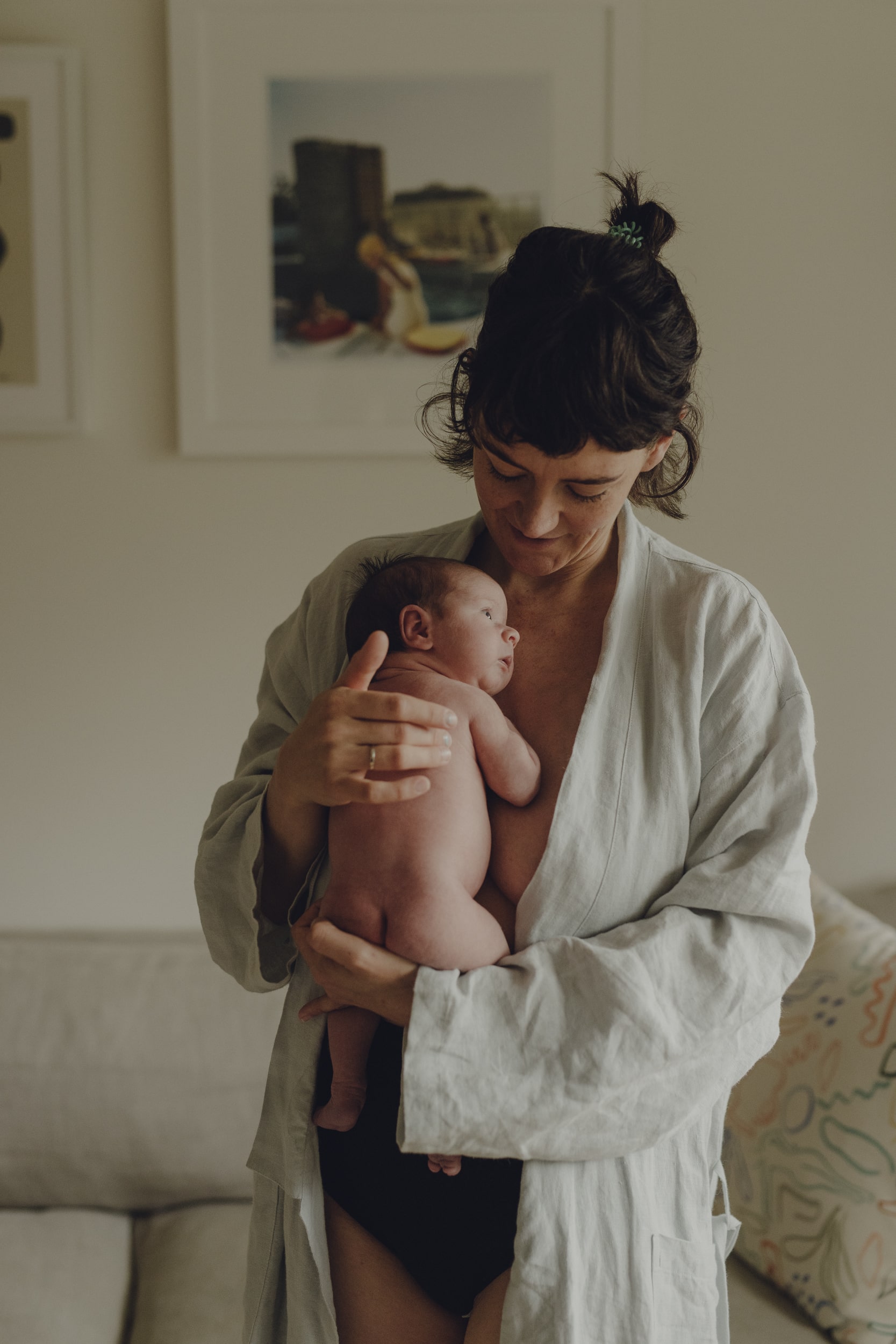Postpartum Your Essential Needs in Postpartum
Your Essential Needs in Postpartum

As you venture into postpartum, it’s normal to spend so much time thinking about your baby that you promptly forget about yourself. Often when you’re feeling overwhelmed, angry and generally out of sorts, it’s the very basic things you’ve forgotten to do. Tending to your basic needs as a new mum can be tricky, especially in the fourth trimester, but it’s essential for your physical and mental wellbeing.
When we asked our community what the most challenging part of postpartum was, sleep deprivation was number one. Sleep is essential for regulating the stress hormone, cortisol, so when your sleep is persistently interrupted, you’re more likely to feel stressed, upset, overwhelmed and anxious. Knowing that this phase is temporary helps you keep perspective, but it doesn’t make the present moment any easier.
Regardless of what stage of postpartum you’re in or how much sleep you’re getting, prioritising your basic needs every day is a practical way of taking care of yourself. Consider this a checklist worthy of a place on your fridge. Better yet, pass it onto your partner or support person so they can take care of you, too.
“If you’re feeling angry and overwhelmed, the hierarchy of needs is a structure, a key thing for you to go back to. It gives you steps to follow so you can figure out how to feel better. Ask yourself: am I getting enough sleep, rest, nourishment, movement? The hierarchy of needs is also a great tool to use in conversation with your partner so together you can work out how to facilitate your essential needs in postpartum.” – Yara Healy, Psychologist
In the hierarchy of needs, the most important are those relating to our physical body:
Air
Are you breathing deeply or are your breaths shallow and stressed? Have you stepped outside for fresh air and sun on your face? When you’re feeding or cuddling your baby, bring your awareness to your breath and take deeper, longer, more nourishing inhalations followed by relaxing, releasing exhalations.
Water
Have you been drinking water or are you dehydrated? Remember that in postpartum, your water requirements are generally higher than they were in pregnancy, especially if you’re breastfeeding. Aim for 2-3 litres a day (drinking from a water bottle is a good way to keep track of your intake).
Food
Have you eaten? Your brain will function much better if you eat well. In postpartum, it’s a good idea to prioritise warm foods as they aid digestion.

Head to boody.com.au/australianbirthstories – you’ll find everything you need for this time in your life and beyond plus a code to enjoy 15% off everything in the edit.
Rest
Rest doesn’t always mean sleep. Can you spend the day in bed, nap in the afternoon, go to bed early (a reverse sleep-in), spend the day off screens, limit visitors? All these things promote rest. Read more on postpartum rest, here.
Movement
Rest and lying horizontal is essential for postpartum healing and recovery but a few weeks after birth, you may feel inclined to go for a gentle walk around the neighbourhood. Let your body guide you! If you feel tension in your upper back and neck (very common in early postpartum), practise some gentle yoga movements to release:
- Shoulder rotations : you can do this sitting or standing. Bring your fingertips onto the top of your shoulders and make circles with your elbows. Start by making small circles and when you feel comfortable, make bigger circles and have your elbows touch in front of you. This exercise also prompts the flow of blood and energy to your chest and breasts; the ideal practice if you’re breastfeeding.
- Neck movements : once you have done shoulder rotations, gently and slowly move your neck from side to side, up and down and then take your left ear to your left shoulder and your right ear to your right shoulder. If you feel comfortable doing so, move your head in a circular motion, lifting your chin towards the sky and then down to the ground.
If you would like to know more about the hierarchy of needs as well as practical mindset tools to navigate the challenges of postpartum, you’ll love Sophie’s interview with psychologist Yara Heary in episode 382.
Categories
Related Products
-
Birth Combs: Harness Your Body’s Natural Pain Relief
$24.95Crafted from smooth, natural wood, our birth combs activate specific pressure points in your hands that trigger your body’s innate pain-relieving responses.
Get your copy of our Perineal Massage Guide in your inbox
Keep Reading
We think you might enjoy these articles

Why planning for postpartum is just as important as planning for birth – and how to do it right
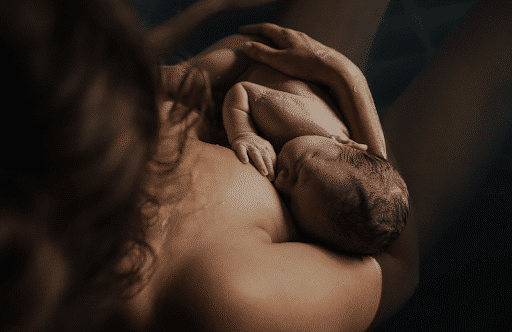
Cracked Nipples: Causes, Treatment and Prevention
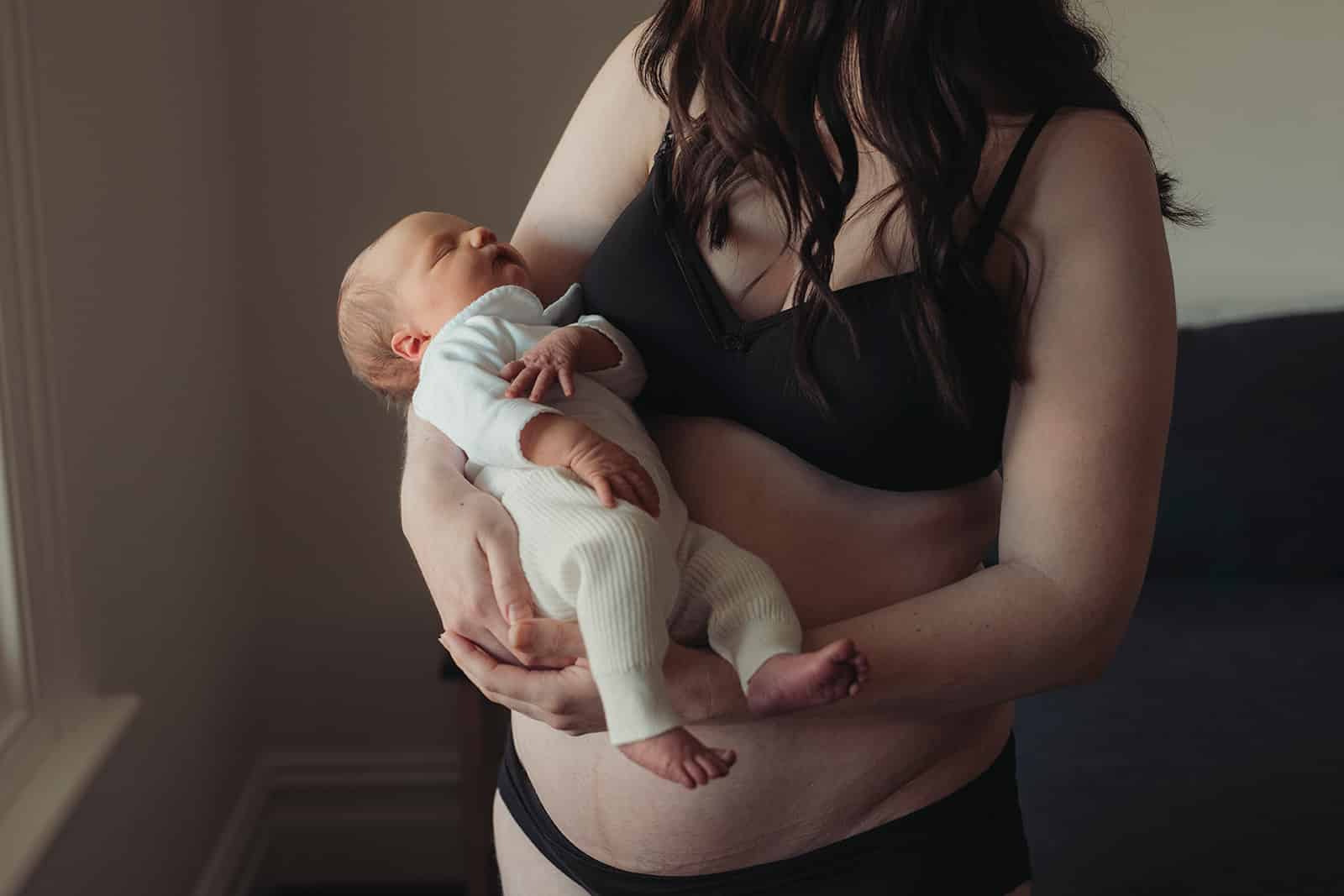
Caesarean Birth Recovery
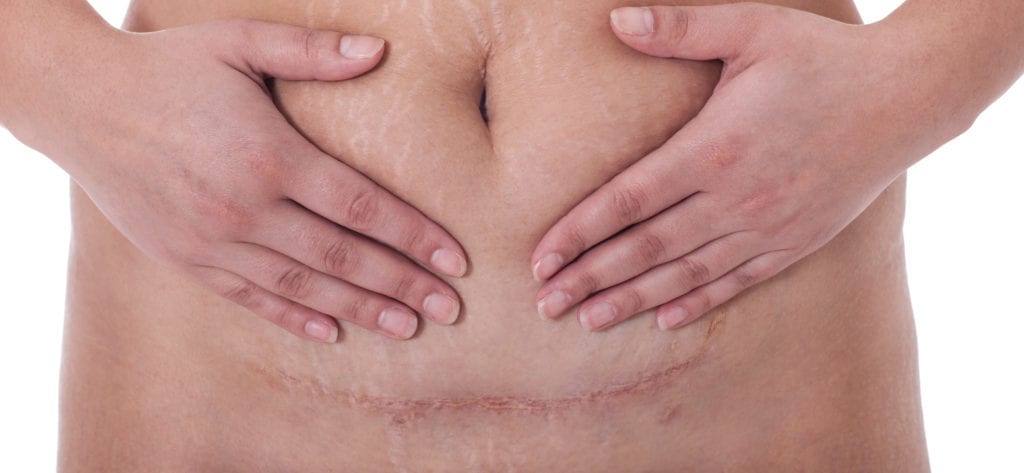
What is a C-Section Shelf?
@AustralianBirthStories
Follow along with us
@AustralianBirthStories
Follow along with us
@AustralianBirthStories
Follow along with us
@AustralianBirthStories
Follow along with us
@AustralianBirthStories
Follow along with us
@AustralianBirthStories
Follow along with us
@AustralianBirthStories
Follow along with us
@AustralianBirthStories
Follow along with us
@AustralianBirthStories
Follow along with us
@AustralianBirthStories
Follow along with us
@AustralianBirthStories
Follow along with us
@AustralianBirthStories
Follow along with us
